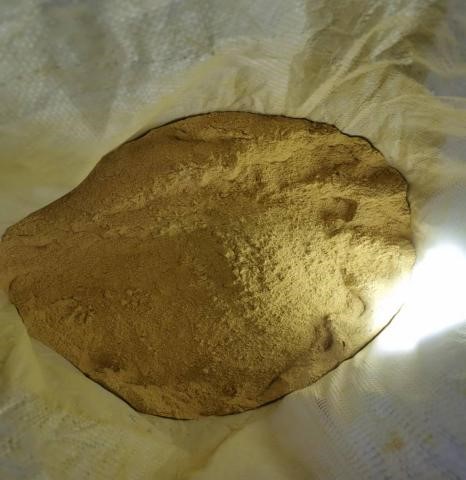



Chemical Used in Boiler Water Treatment
Chemical Used in Boiler Water Treatment
Boilers are essential components in numerous industrial processes, serving to generate steam for heating, power generation, and other applications. To ensure the reliable and efficient operation of these systems, proper boiler water treatment is critical. This involves the use of various chemicals aimed at preventing scaling, corrosion, and other issues that can impair boiler function and reduce lifespan. Understanding the specific chemicals used in boiler water treatment is essential for operators and maintenance personnel.
Chemical Used in Boiler Water Treatment
Another critical issue in boiler systems is corrosion, which can arise from the presence of dissolved gases, particularly oxygen and carbon dioxide, in the feedwater. These gases can lead to pitting and degradation of metal surfaces, resulting in leaks and outages. Oxygen scavengers, such as sodium sulfite or hydrazine, are used to remove dissolved oxygen from the water, thereby minimizing the risk of corrosion. Additionally, the application of neutralizing amines helps to control the acidity of the condensate, further protecting the metal components of the boiler system.
chemical used in boiler water treatment

Maintaining proper pH levels is vital for boiler water quality. A pH that is too low can contribute to corrosion, while a pH that is too high can promote scaling. To regulate pH levels, alkaline agents such as sodium carbonate or sodium hydroxide are added to raise the pH, ensuring that the boiler operates within a safe and efficient range.
Moreover, the treatment of boiler water also involves controlling the concentration of dissolved solids. High levels of dissolved solids can lead to foaming, carryover of water with steam, and potential damage to turbine components. Continuous blowdown, which is the process of removing a portion of concentrated water from the boiler, is typically combined with chemical treatments that help to minimize the buildup of solids. Additionally, chemicals like boiler water treatment polymers can facilitate this process by dispersing suspended particles and preventing their accumulation.
Lastly, it’s important to note that all chemicals used in boiler water treatment must be compatible with the specific materials of construction within the system. A thorough understanding of the boiler's design and operating conditions is necessary for selecting the appropriate treatment program.
In conclusion, effective boiler water treatment relies on a variety of chemical agents that address key operational challenges such as scaling, corrosion, pH balance, and dissolved solids control. By implementing a comprehensive chemical treatment strategy, operators can enhance operational efficiency, extend the lifespan of boiler systems, and ensure safe and reliable steam production. Regular monitoring and adjustment of water chemistry play a critical role in achieving these objectives, ultimately contributing to more sustainable and cost-effective boiler operations.
-
Why Sodium Persulfate Is Everywhere NowNewsJul.07,2025
-
Why Polyacrylamide Is in High DemandNewsJul.07,2025
-
Understanding Paint Chemicals and Their ApplicationsNewsJul.07,2025
-
Smart Use Of Mining ChemicalsNewsJul.07,2025
-
Practical Uses of Potassium MonopersulfateNewsJul.07,2025
-
Agrochemicals In Real FarmingNewsJul.07,2025
-
Sodium Chlorite Hot UsesNewsJul.01,2025










